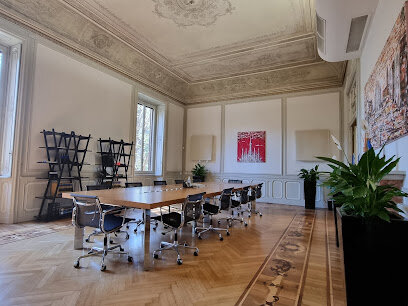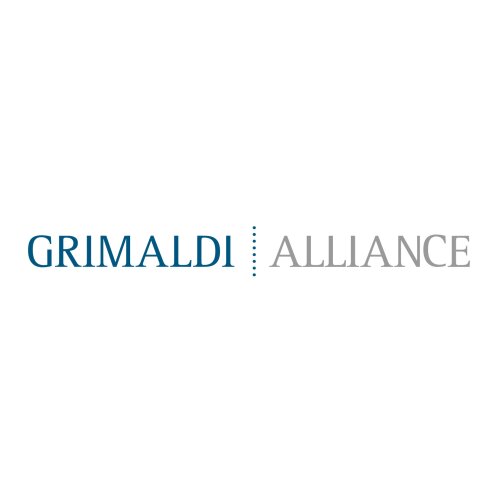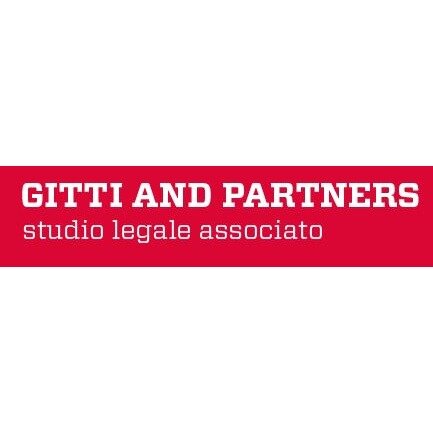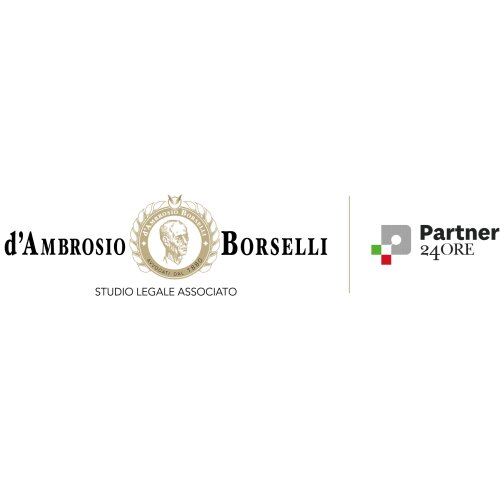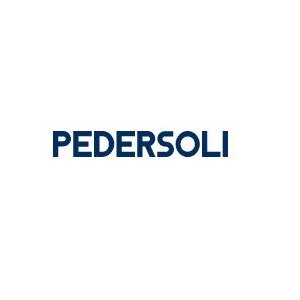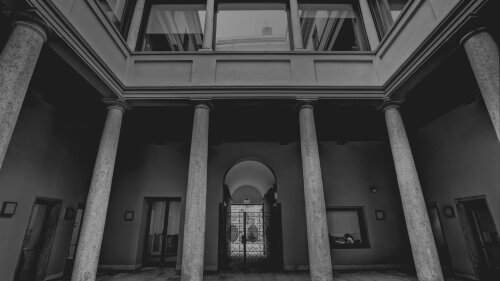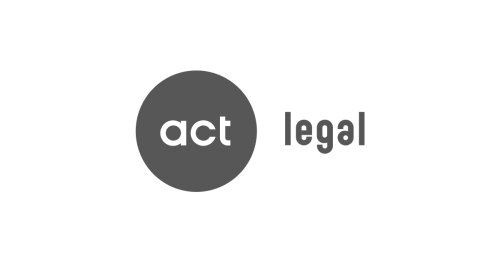Best Conveyancing Lawyers in Milan
Share your needs with us, get contacted by law firms.
Free. Takes 2 min.
Free Guide to Hiring a Real Estate Lawyer
List of the best lawyers in Milan, Italy
About Conveyancing Law in Milan, Italy
Conveyancing in Milan, Italy refers to the legal process involved in transferring property ownership from one party to another. This process typically includes the sale, purchase, or leasing of real estate and requires attention to both legislative requirements and local administrative procedures. The process in Milan often includes verifying property titles, obtaining certificates from public registers, preparing contracts, and ensuring that all taxes and legal obligations are satisfied before finalizing the transfer. Milan, as a major economic and real estate hub, follows strict national and municipal regulations that must be carefully navigated to secure a successful transaction.
Why You May Need a Lawyer
A lawyer specializing in conveyancing can be invaluable in several situations, such as:
- Buying or selling a property and needing to ensure all legal documents are correct and complete.
- Investigating the history of a property for any hidden encumbrances or legal disputes.
- Drafting and reviewing preliminary sale agreements and final deeds (Rogito Notarile).
- Ensuring compliance with both national and local real estate regulations.
- Navigating language barriers and complex legal terminology, especially if you are a foreign buyer or seller.
- Representing your interests during negotiations or dealing with local authorities and notaries.
- Paying the correct taxes and fees, including registration and cadastral taxes.
- Resolving disputes related to property boundaries, inheritance, or co-ownership.
Local Laws Overview
Several key aspects of local laws impact conveyancing in Milan:
- All property transfers must be executed before a Notary Public (Notaio), who is responsible for ensuring the legality of the transaction and recording it in public registers.
- The preliminary contract (Compromesso) is a binding document between seller and buyer, usually accompanied by a deposit.
- The Italian Land Registry (Catasto) and the Conservatoria dei Registri Immobiliari hold ownership records, which must be checked for any debts or irregularities.
- Transfer taxes, VAT, and Notary fees are payable on completion, with the structure depending on whether the purchaser is a private individual or a company.
- Milan’s municipality may have additional requirements relating to permits, heritage buildings, or energy certifications (APE).
- Foreign buyers must comply with specific anti-money laundering regulations and identification procedures.
- Real estate agents must be duly licensed, and their involvement should be formalized through a written agreement.
Frequently Asked Questions
What is the role of a Notary Public in Italian property transactions?
The Notary Public (Notaio) acts as an impartial public officer. They verify all legal aspects of the transaction, ensure taxes are paid, and record the deed with the Land Registry to formalize the change of ownership.
Do I need a lawyer if the transaction involves a Notary?
While the Notary guarantees the legality of the transaction, a lawyer represents your personal interests and can provide tailored advice, negotiate terms, and help mitigate risks that might otherwise go unnoticed.
What is a preliminary contract and is it binding?
The preliminary contract (Compromesso) is a binding agreement, signed before the final deed, that sets the terms of the sale. Breach of this agreement can result in the loss of deposits or claims for damages.
Are there taxes to be paid upon purchasing property in Milan?
Yes. Buyers pay registration, cadastral, and mortgage taxes, as well as Notary’s fees. The structure and amount depend on factors such as first home status or if the seller is a company subject to VAT.
How long does the conveyancing process take in Milan?
The process typically takes 2 to 3 months but can vary depending on the complexity of the transaction and the time required to obtain all necessary documents and clearances.
Can foreign nationals buy property in Milan, Italy?
Yes. Foreign nationals can purchase property in Milan; some non-EU nationals are subject to reciprocity agreements. Additional identification and documentation may be required.
How can I check if a property has debts or encumbrances?
A lawyer or Notary will conduct a due diligence check by examining public records, including the Land Registry, to verify that the property is free from mortgages, liens, or other encumbrances.
What is an APE and why is it important?
An APE (Attestato di Prestazione Energetica) is an energy performance certificate required by law for most property sales. It provides information on the energy efficiency of the property.
What happens if one party withdraws after the preliminary contract?
If the buyer withdraws without just cause, they may lose their deposit. If the seller withdraws, they may have to pay double the deposit amount to the buyer.
Who pays the agency commission in Milan?
Typically, both buyer and seller pay a commission to the real estate agent, agreed upon at the outset and set as a percentage of the property price.
Additional Resources
If you need further information or assistance, these resources may be helpful:
- Consiglio Nazionale del Notariato - National association of Notaries providing information about notarial acts and property transactions.
- Agenzia delle Entrate - Italian Revenue Agency offering guidelines on property taxes and fiscal obligations.
- Comune di Milano - The official website of Milan’s municipality provides information on local regulations and urban planning permits.
- Chamber of Commerce of Milan - Can help verify real estate agents and companies.
- Italian Bar Association (Ordine degli Avvocati di Milano) - For finding a qualified property lawyer.
Next Steps
If you need legal assistance with conveyancing in Milan:
- Identify your needs, such as buying, selling, resolving a dispute, or verifying property status.
- Consult with a licensed property lawyer or contact the Ordine degli Avvocati di Milano for referrals.
- Gather all necessary documents, including identification, proof of funds, and property information.
- Request a preliminary due diligence check to identify any legal or fiscal issues with the property.
- Work closely with your lawyer and a Notary Public throughout the process, ensuring that all contracts and obligations are properly managed.
- Do not sign any agreement or pay deposits until all legal checks are complete and you have received clear, professional advice.
Taking these steps will help protect your interests and make the conveyancing process in Milan as smooth as possible.
Lawzana helps you find the best lawyers and law firms in Milan through a curated and pre-screened list of qualified legal professionals. Our platform offers rankings and detailed profiles of attorneys and law firms, allowing you to compare based on practice areas, including Conveyancing, experience, and client feedback.
Each profile includes a description of the firm's areas of practice, client reviews, team members and partners, year of establishment, spoken languages, office locations, contact information, social media presence, and any published articles or resources. Most firms on our platform speak English and are experienced in both local and international legal matters.
Get a quote from top-rated law firms in Milan, Italy — quickly, securely, and without unnecessary hassle.
Disclaimer:
The information provided on this page is for general informational purposes only and does not constitute legal advice. While we strive to ensure the accuracy and relevance of the content, legal information may change over time, and interpretations of the law can vary. You should always consult with a qualified legal professional for advice specific to your situation.
We disclaim all liability for actions taken or not taken based on the content of this page. If you believe any information is incorrect or outdated, please contact us, and we will review and update it where appropriate.




